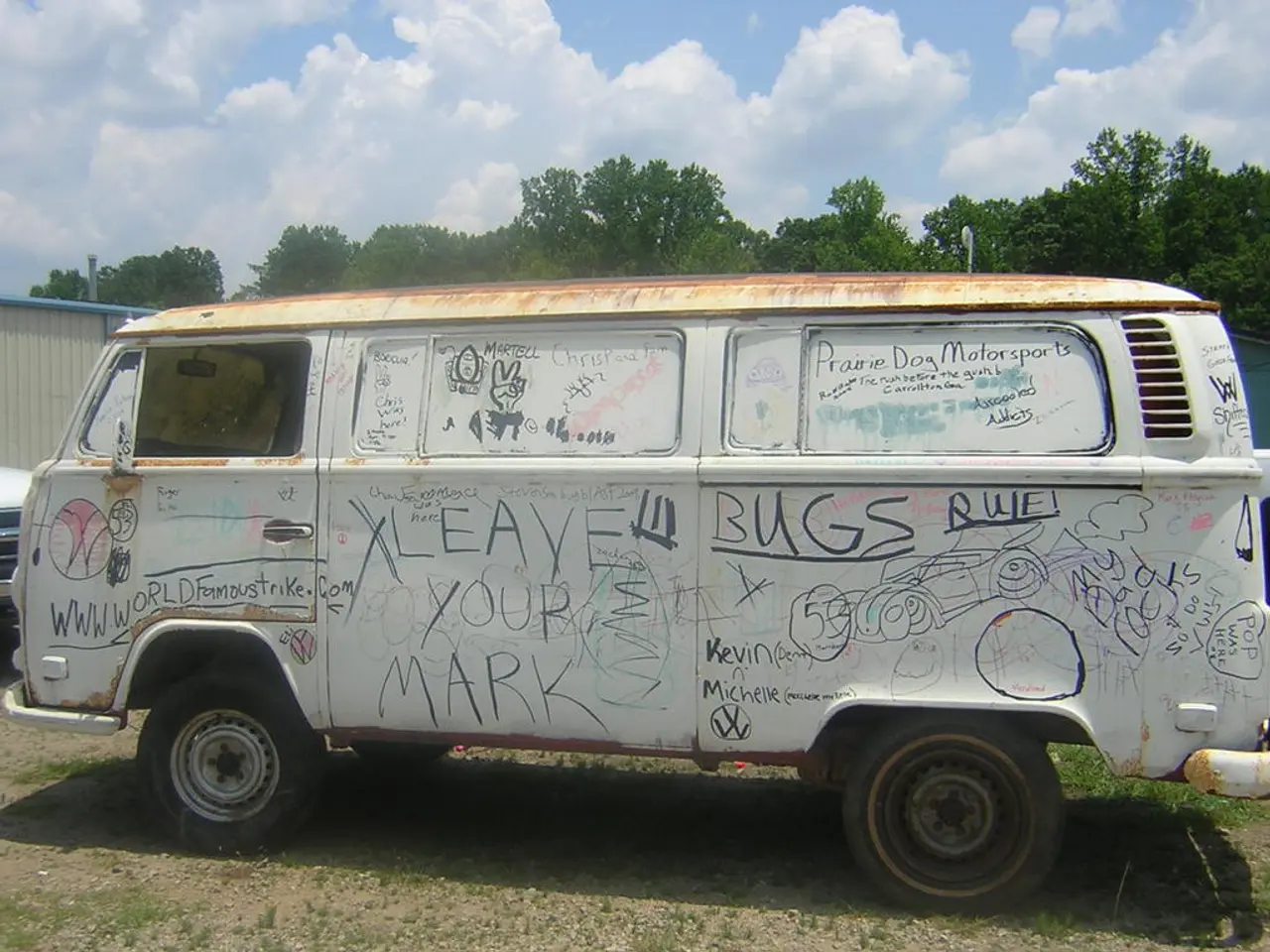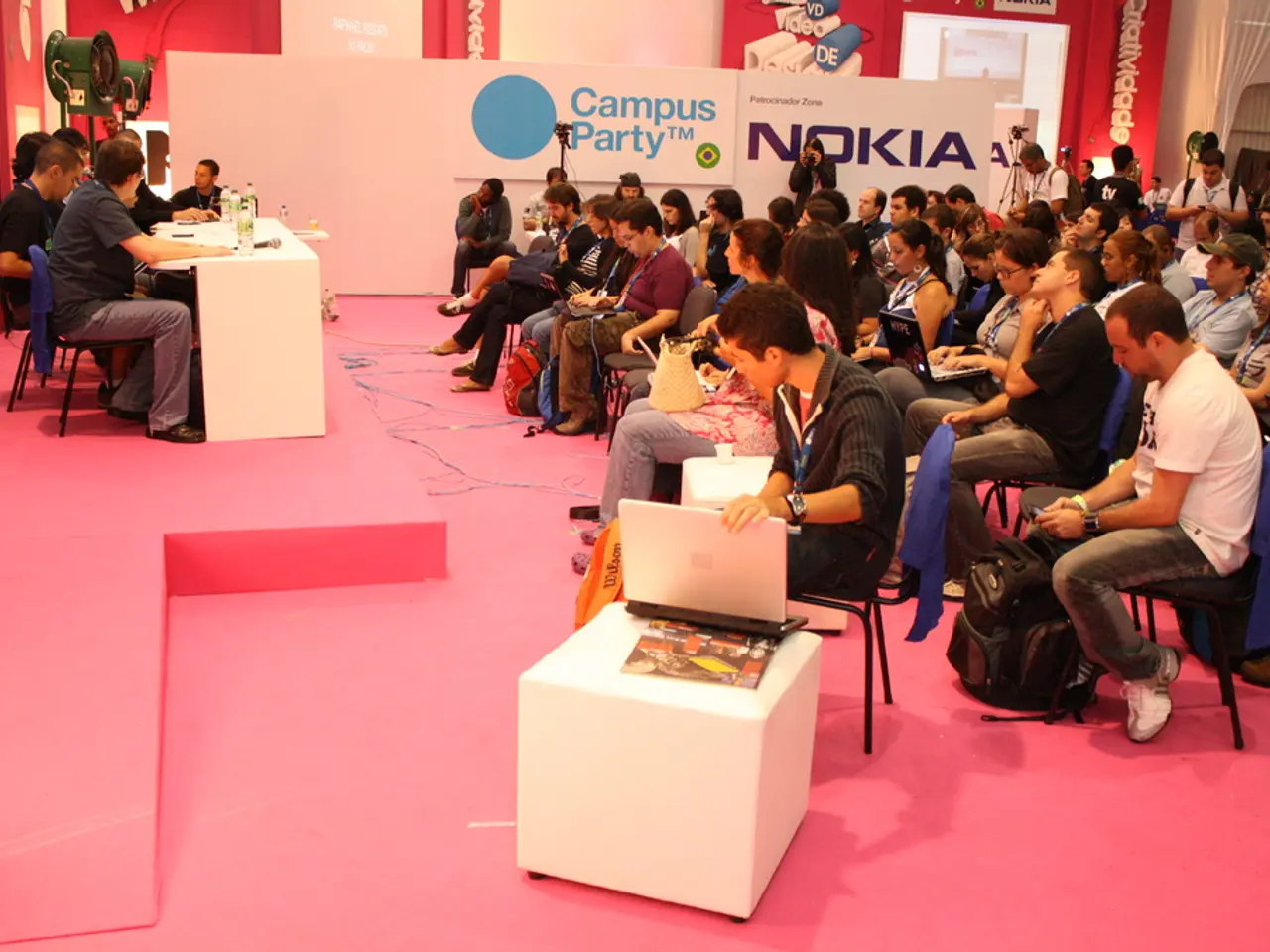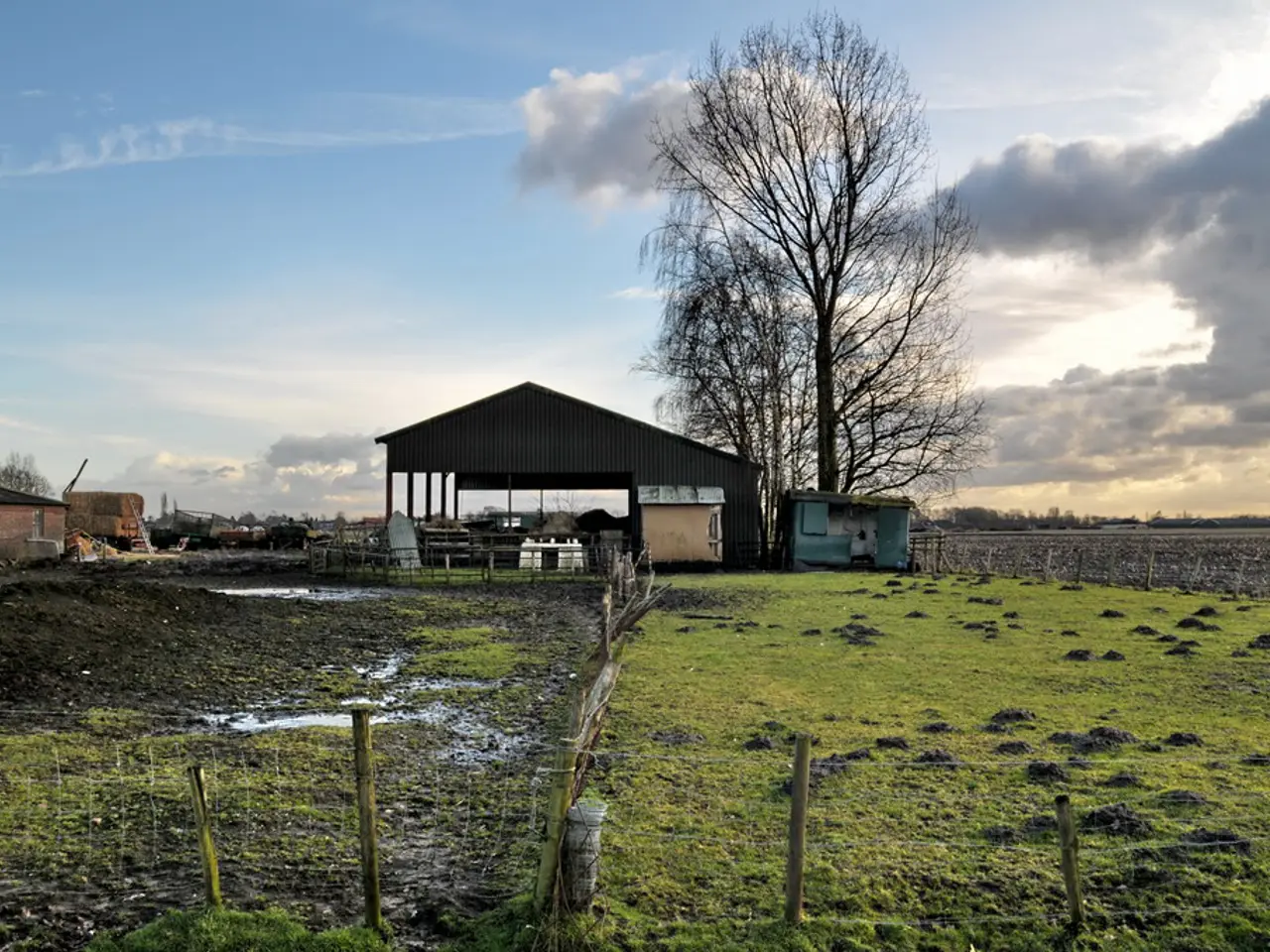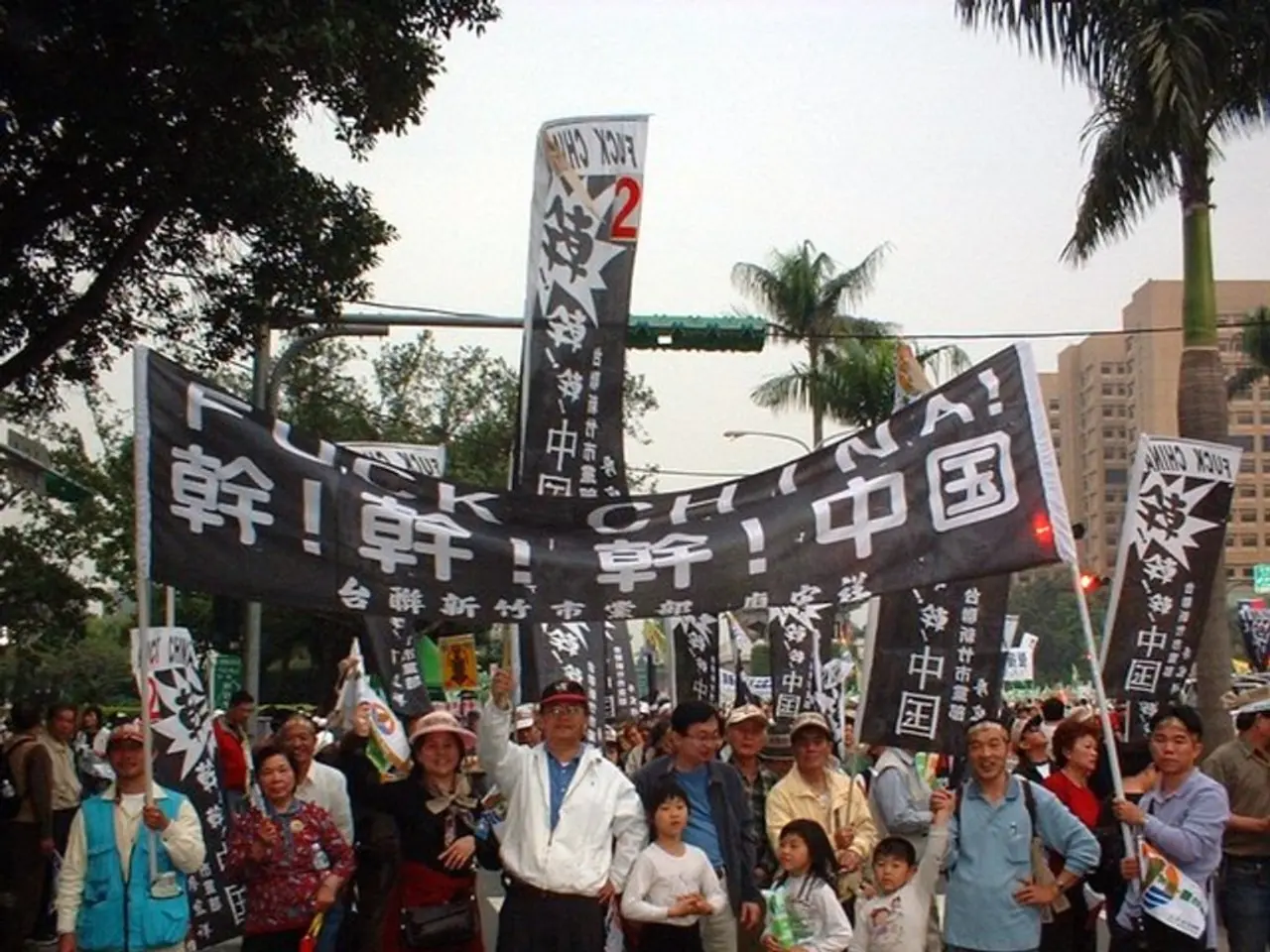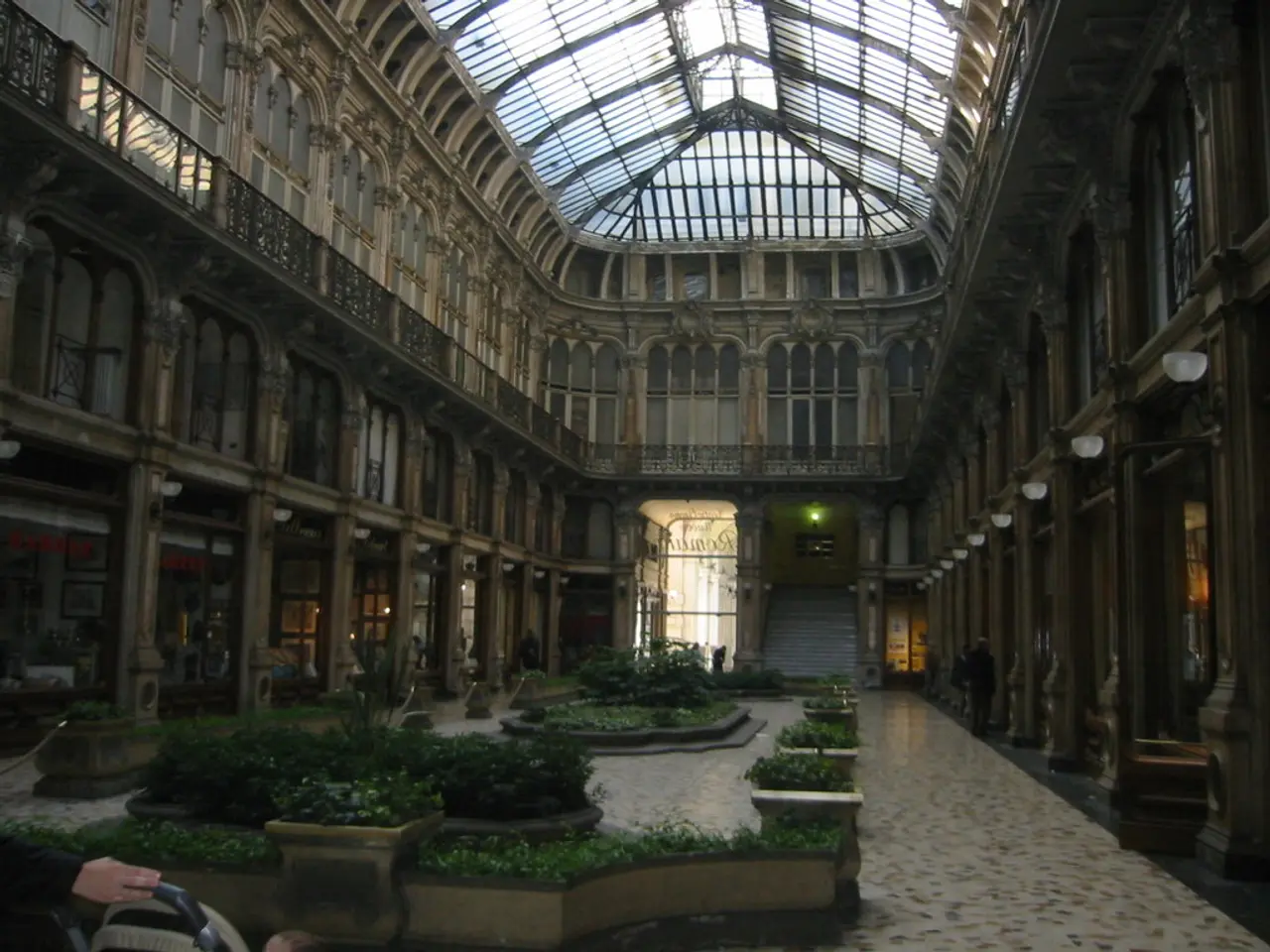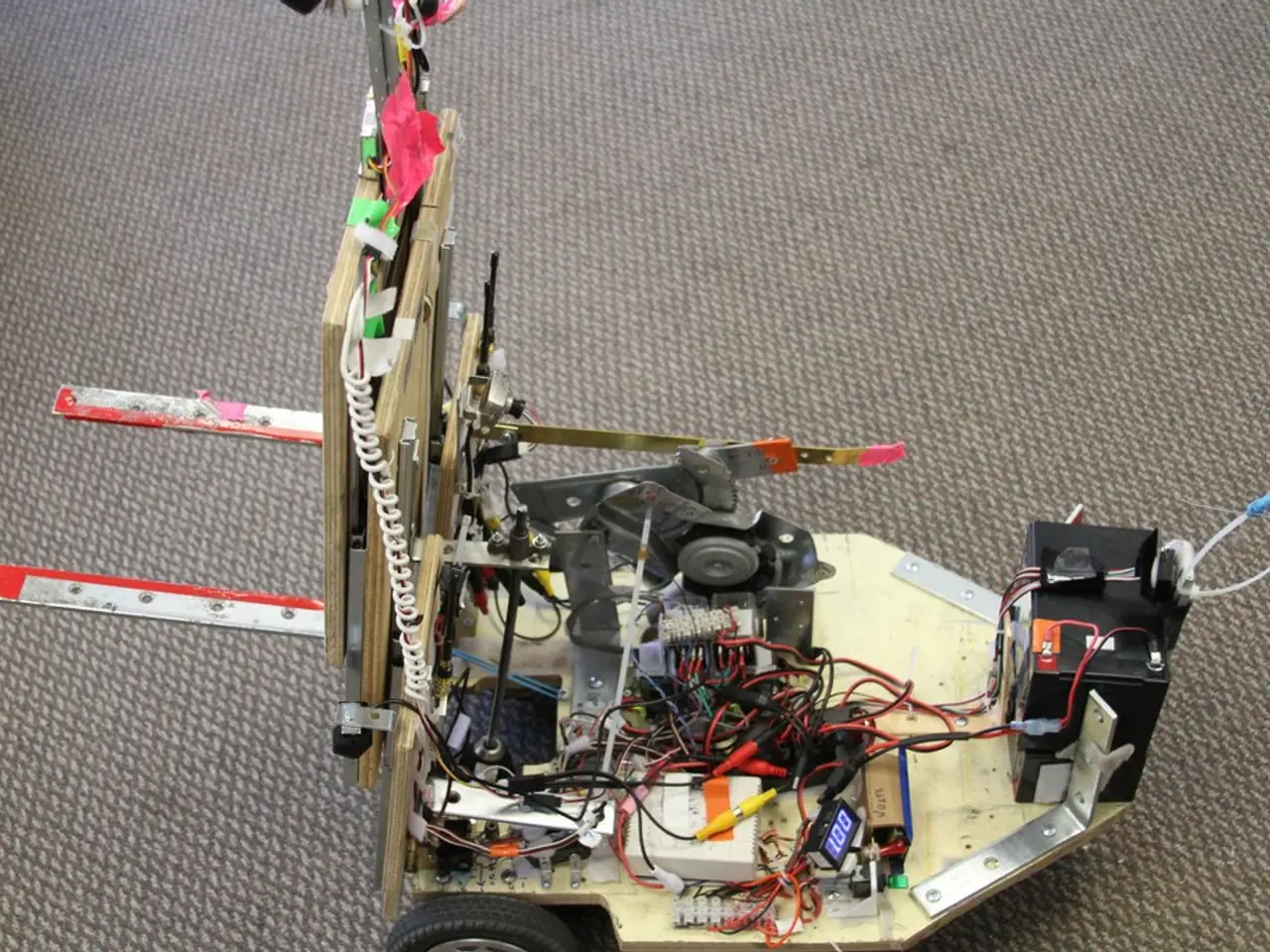Unsanctioned Demonstration: Chaos in Capital on June 6, 2025
The Collapse of the Dutch Coalition: Uncertainty Ahead
The Dutch government has plunged into a political crisis following the collapse of coalition talks in June 2025. Geert Wilders, leader of the Party for Freedom (PVV), which secured the most seats in the 2024 general election, ended negotiations for forming a new government, marking a major turning point in Dutch politics.
The coalition talks, which involved the center-right VVD, the centrist NSC (New Social Contract), and the right-wing BBB (Farmer-Citizen Movement), collapsed due to irreconcilable differences, particularly over immigration policy and the role of Islam. The collapse signals another delay in forming a stable Dutch government, with snap elections scheduled for 29 October 2025.
European Union leaders are monitoring the situation closely, concerned about instability in one of the bloc's founding members. The failure underscores the fragile nature of Netherlands government formation in an increasingly divided political landscape.
During the caretaker period, the Netherlands continues under a government led by outgoing Prime Minister Mark Rutte. While the caretaker government intends to continue legislative work, domestic policy uncertainty remains elevated amid international tensions. It is expected that the coalition talks after the October elections will extend at least until March 2026, with a more realistic scenario suggesting a new government may only form by summer 2026 or later.
Meanwhile, parties are realigning ahead of the elections. The Labour Party and GroenLinks have agreed to present a combined list and plan to merge in 2026. The PVV continues to base its campaign on opposing asylum seeker policies, using protests as a rallying point, which is controversial locally.
The key question now is whether any party or leader can bring unity to a deeply fragmented nation. A new mediator may be appointed by King Willem-Alexander to facilitate the coalition negotiations. The future of Netherlands government formation remains uncertain, but one thing is clear: the country needs stability. As Dilan Yeşilgöz of the VVD noted, "The Netherlands needs stability."
- The collapse of the Dutch coalition, precipitated by disagreements over immigration policy and the role of Islam, has increased uncertainty in the country's social media discussions, with many debating the future of Dutch politics and government formation.
- The failure of coalition talks and the impending elections have led to a surge of general news articles on crime-and-justice, war-and-conflicts, and policy-and-legislation, as political analysts dissect the implications of the current political climate for the Netherlands and the European Union.
- Amidst the uncertainty, the role of politics may undergo significant changes following the October elections as parties such as the PVV and the proposed merger of the Labour Party and GroenLinks realign their positions on crime, migration, and other issues, potentially sparking heated debates within the realm of crime-and-justice and politics on social media.
